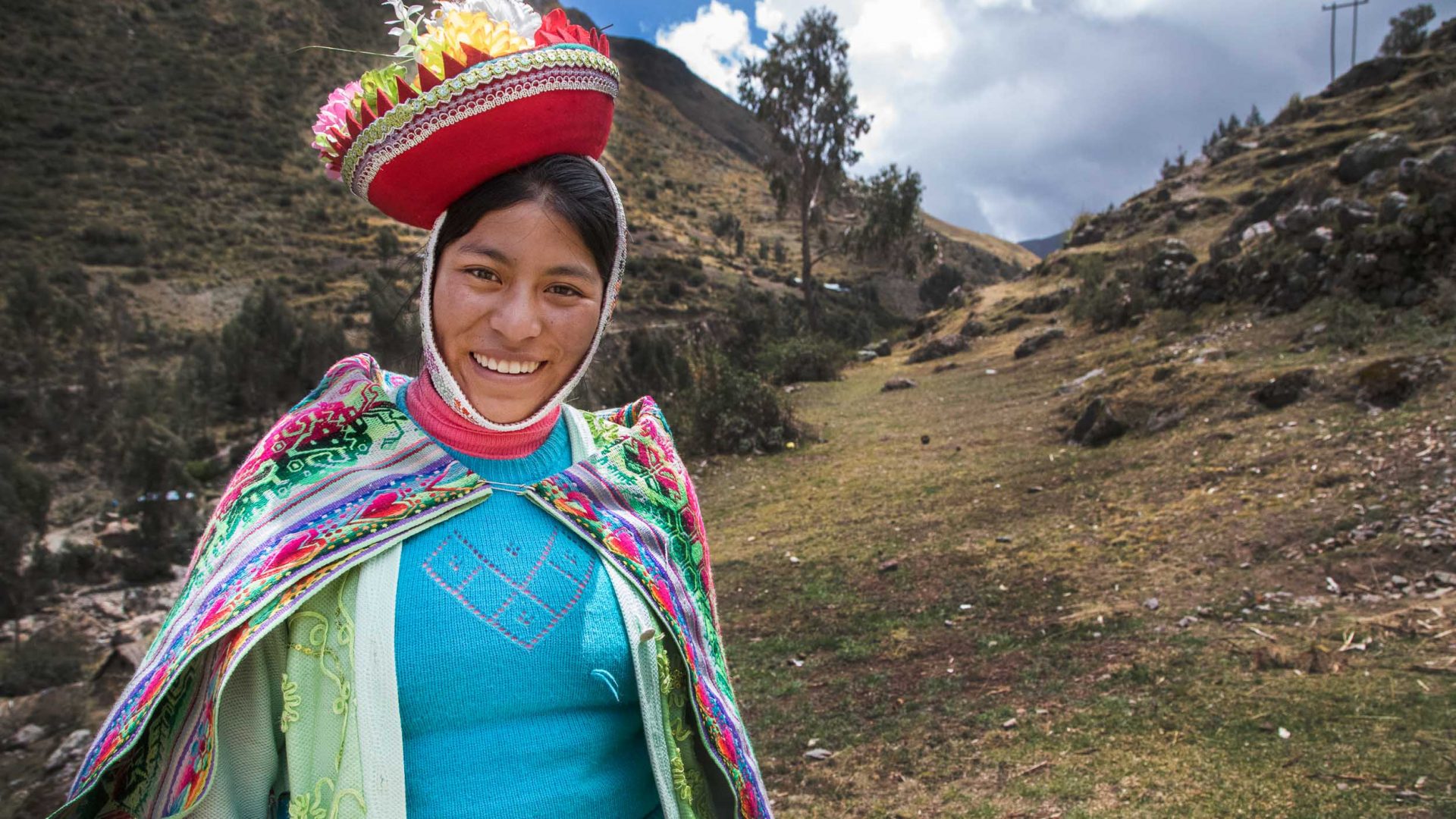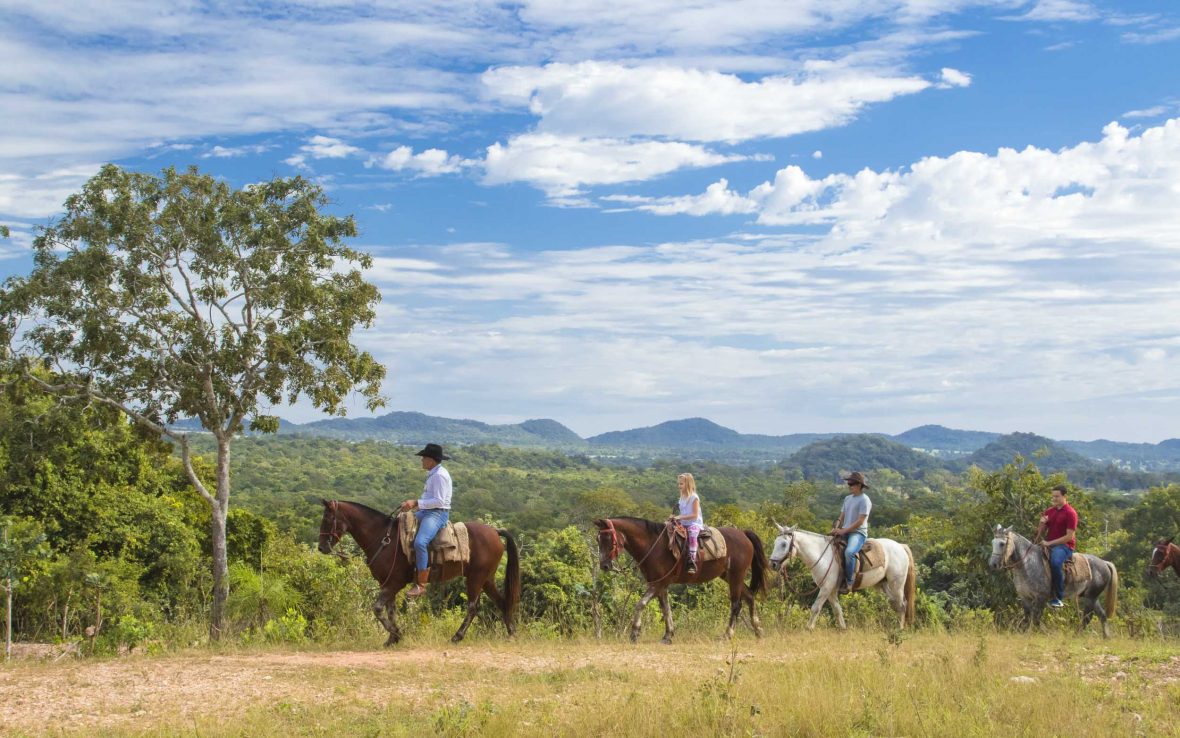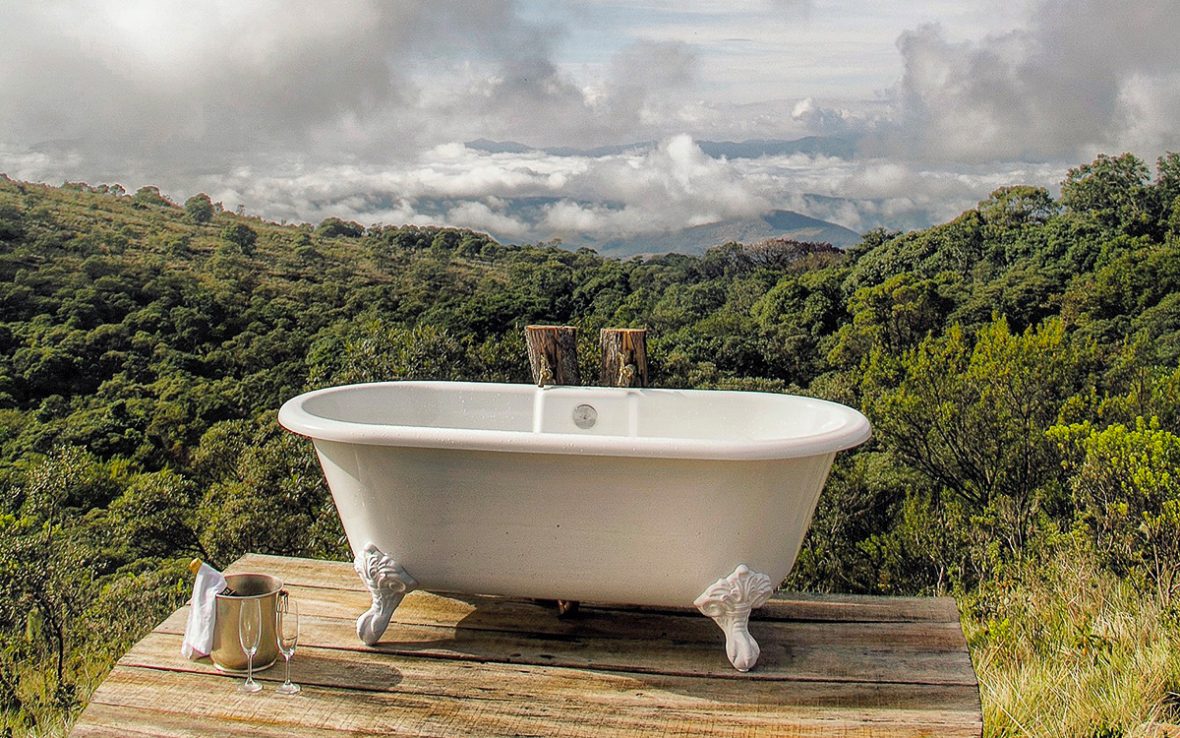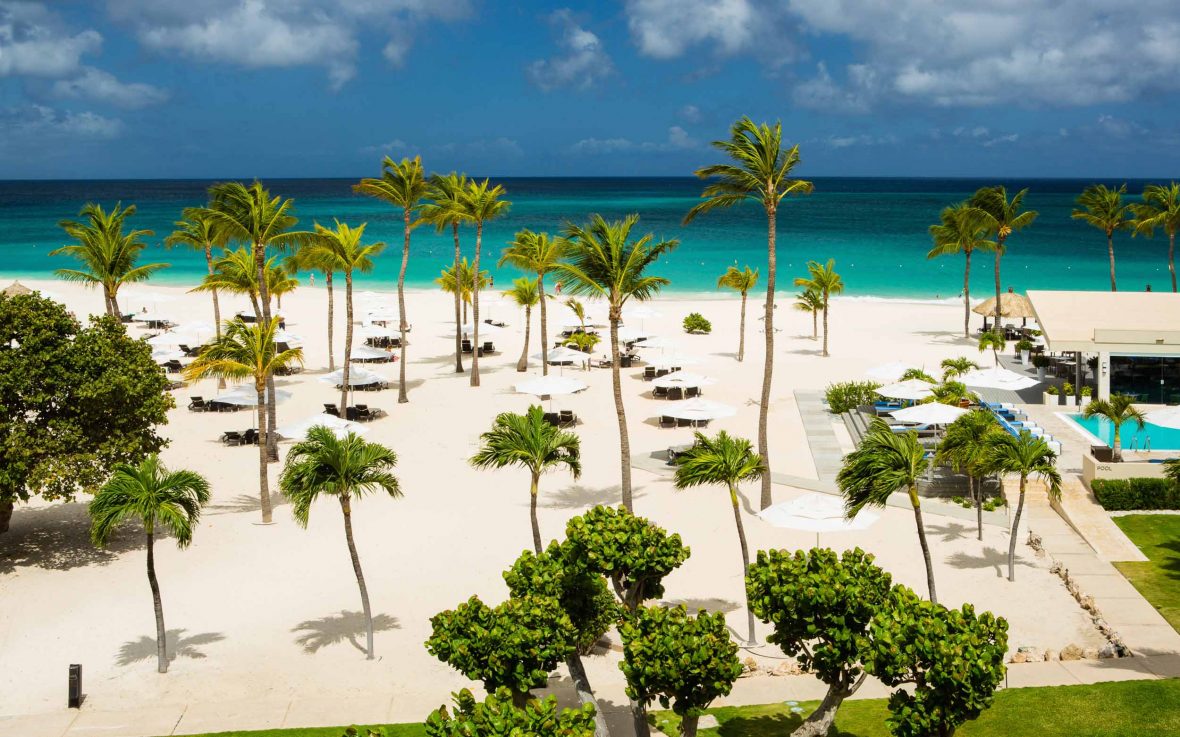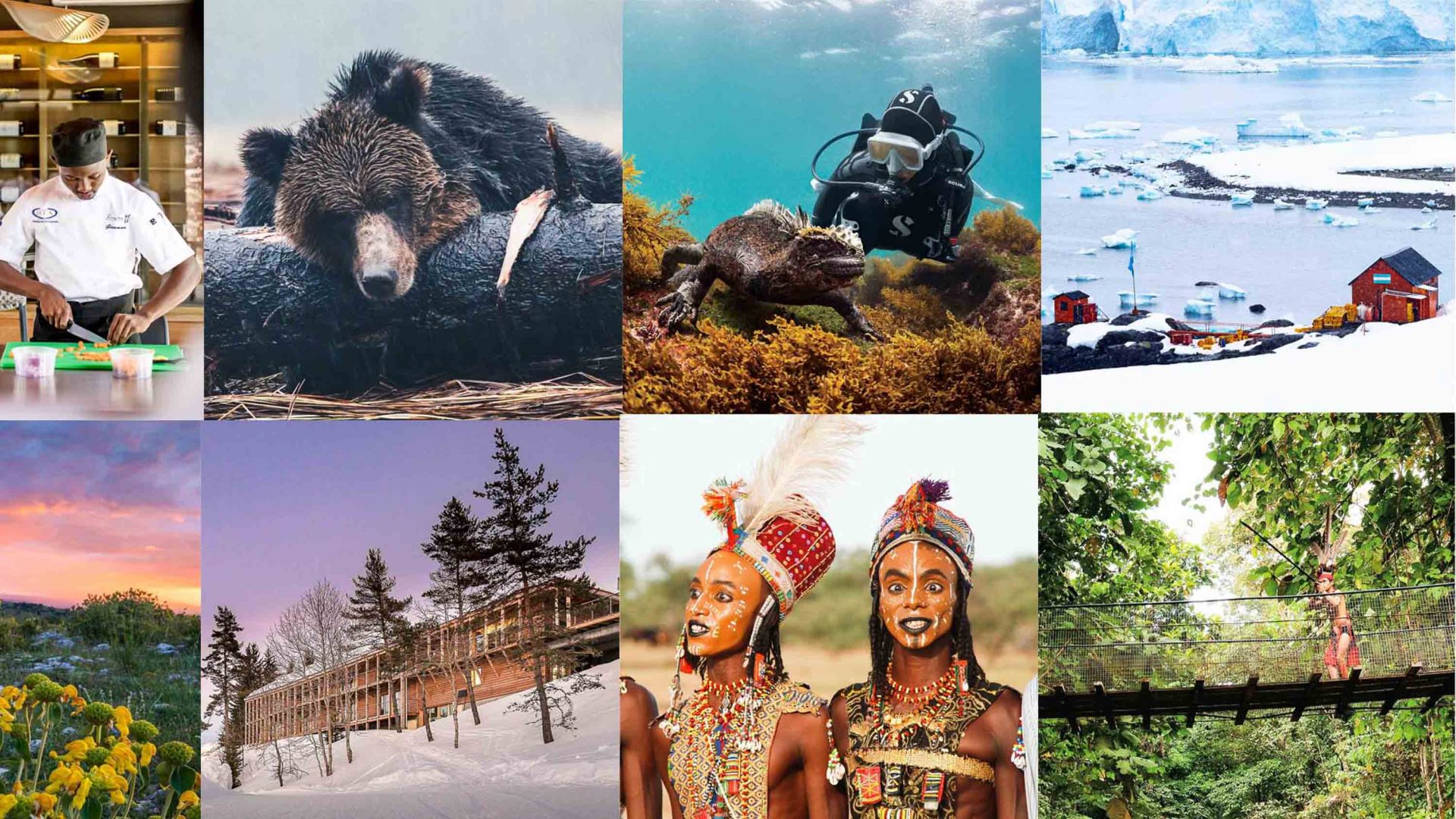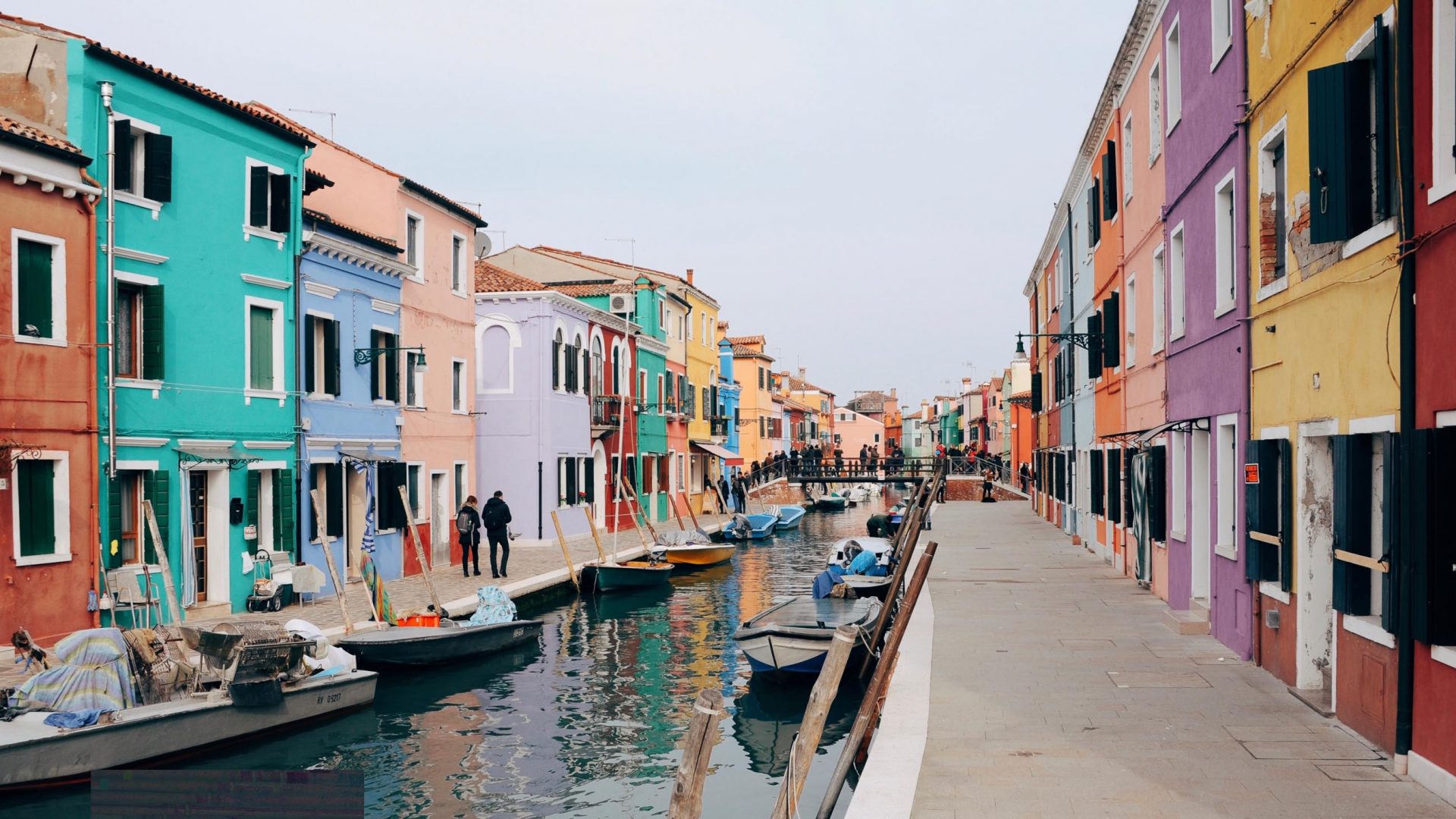What does the future of sustainable travel look like? Holly Tuppen headed along to the Tourism for Tomorrow Awards in Seville, Spain, to find out.
Last week I sat down with Barack Obama—or at least, I sat in the same room as him—when he addressed the World Travel and Tourism Council (WTTC) summit in Seville.
While Obama (who loves to travel “for the universal truths
it unravels”) offered a welcome respite from today’s less-than-inspiring
political figures, he was by no means the only changemaker in the room.
In a world where sustainability is front-and-center of the global conversation, many parts of the travel industry are taking it upon themselves to lessen their impact and improve lives at the same time.
Now 15 years old, these awards celebrate those initiatives, and the people and businesses behind them. Here’s what I took away from the whole thing.
In many places, sustainable travel is the last hope for ecosystems to survive. On a small archipelago off the east coast of Indonesian island Sumatra, for example, wetlands and forest have been devastated by tin mining, illegal logging and industrial development. Some 80 per cent of the mangrove forest has been destroyed, and the subsequent coastal damage causes problems for local fishers.
A small community group, Kelompok Peduli Lingkungan Belitung (KPLB), has designed a program that balances environmental protection with ecotourism, which funds the conservation initiatives.
So far, the community management of mangroves, coral reefs, fishing zones and tropical forests has not only had a positive impact on ecosystems, but has also improved livelihoods within the local community.
In 2018, a whopping 1.4 billion tourists traveled the world. Although there is a rising awareness of the problems created by our unrelenting travel habits, any shift in mindset will be a slow one. In short, overtourism isn’t going anywhere. The most successful destinations will be those that listen to the needs of residents and the environment, rather than put growth first.
From the moment the small Caribbean island of St Kitts shifted from sugar export to a tourism economy in 2005, the Ministry of Tourism pursued a ‘Pro Planet, Pro-People’ approach. The St. Kitts Sustainable Destination Council (SDC) was established to focus on sociocultural, economic and environmental sustainability.
By working with businesses, schools, universities, and farmers throughout the island, the SDC ensures that tourism works for everyone—80 per cent of residents think that tourism is a good thing overall.
Carbon remains the elephant in the room when it comes to sustainable travel. Although innovation with clean fuel and electric transport is promising, the travel industry is still responsible for 8 per cent of all greenhouse gas emissions.
Award finalist Bucuti & Tara Beach Resort is the Caribbean’s only certified carbon-neutral resort. For more than 30 years, its environmentalist owner, Ewald Biemans, has proved that sustainability, guest satisfaction and profitability can go together.
In Polynesia, The Brando is on the same page. One of the world’s most exclusive eco-resorts runs on 70 per cent solar energy, 100 per cent solar heated water, and the world’s second application of Sea Water Air Conditioning—through which cold deep-water temperatures are harnessed to cool rooms.
